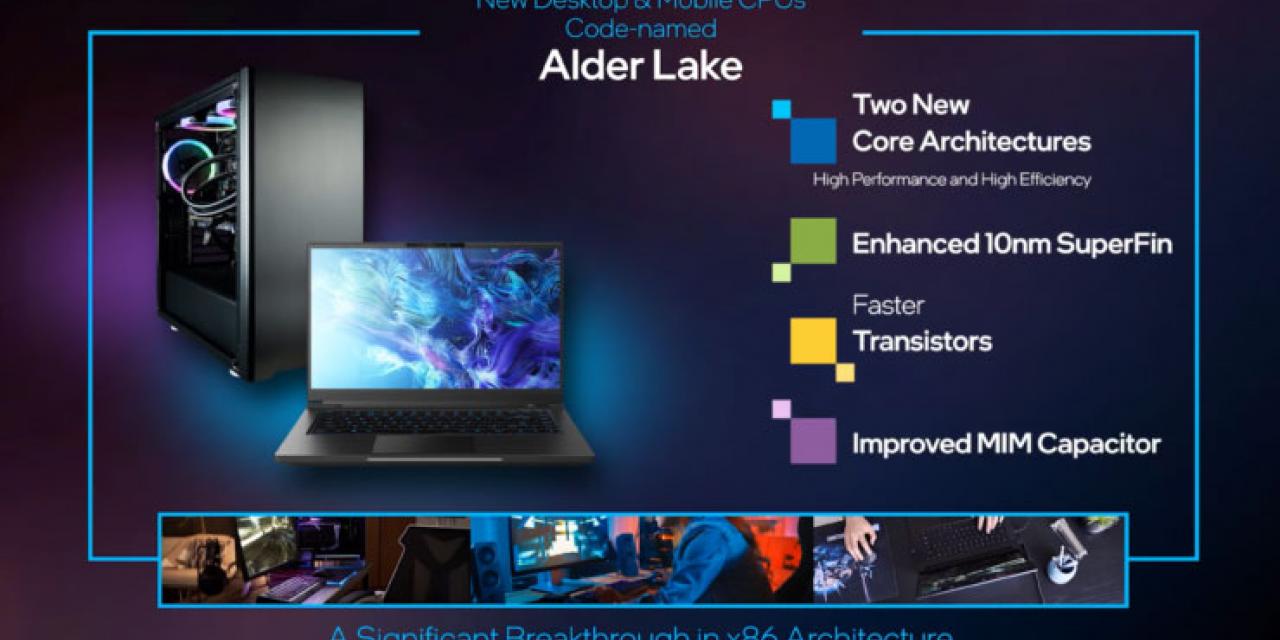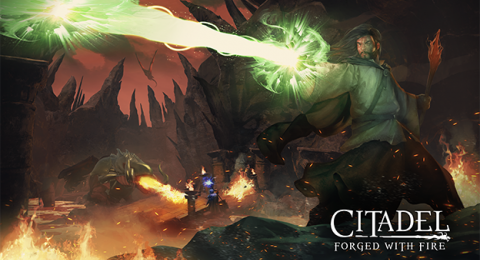
CES might be virtual this year, but that hasn't stopped the big companies making big announcements. Curiously, though, where Intel was expected to talk up its upcoming Rocket lake, 11th-generation desktop CPUs, it instead spent the majority of its time discussing its replacement: Alder Lake. Set to launch in late 2021, the desktop CPUs will feature hybrid core architectures with big and little cores, to help improve efficiency, whilst also offering improved performance on a 10nm process node.
This is big news, as Intel has never managed to produce 10nm at enough volume to fill its desktop market, restricting it to Ice Lake and Tiger Lake laptop CPUs for the past two years, while AMD has had major success with 7nm chips. Alder Lake will finally allow Intel to catch up a little, though the focus on efficiency and onboard Xe graphics, suggests that maybe they won't be the high-performance chips that fans have been waiting for.
The big/small design philosophy is something that has been popular in smartphones and tablets for years, driven by both Intel and companies like ARM. That has helped push mobile device battery life far further, so the use of them in a desktop setting is curious. Perhaps Intel has found a way to leverage both the big and small cores at the same time for added performance?
It's not yet clear, but Alder Lake will be the first node shift Intel has made in over half a decade, which is a major stepping stone to it competing across all fronts with AMD once again.
Of course AMD is likely to have its Ryzen 6000 CPUs ready for the later half of this year, so who knows how that will shake things up even further.








